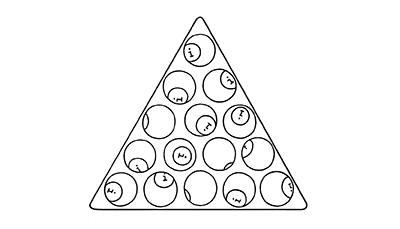


Proven business models that have driven success for global leaders across industries. Rethink how your business can create, deliver, and capture value.
Get your deck!
Recipe
Leverage Customer DataCreate new value by collecting, analyzing, and preparing customer data
These business models all share a focus on utilizing various resources to develop and design a unique value proposition for a business. These models often involve utilizing data, customer input, and technology in order to create a tailored offering for target markets.
The Crowdsourcing, Digitization, and User Designed all emphasize on utilizing customer input and feedback in the value proposition development process. Crowdsourcing involves gathering ideas and input from a large group of people, often through online platforms, to inform the development of products and services. Digitization, similarly, leverages technology to gather data on customer preferences and behavior in order to inform the design and delivery of products and services. User designed business models take this a step further by involving customers directly in the design process, with the goal of creating products and services that precisely meet their needs and preferences.
The business models of From Push to Pull, Leverage Customer Data, and Open Business Models all share a focus on utilizing data and customer insights to inform and drive the value proposition. From push to pull involves shifting the traditional business model of pushing products and services to customers to instead pulling them in through targeted marketing and personalized offerings. Leverage customer data similarly involves using data on customer preferences and behavior to inform the development of new products and services. Open business models, meanwhile, involve making a company’s processes and data open to customers and partners, allowing them to co-create value and drive innovation.
The business models of Open Source, Prosumer, Reverse Engineering, and Trash-to-Cash all share a focus on rethinking and repurposing existing resources in order to create new value. Open source involves making a company’s intellectual property freely available to others to use and build upon. Prosumer business models, on the other hand, involve empowering customers to create their own products and services. Reverse engineering, meanwhile, involves taking apart and analyzing existing products in order to inform the development of new ones. Trash-to-cash business models, finally, involve finding new ways to monetize or repurpose discarded or unused resources.
Proven business models that have driven success for global leaders across industries. Rethink how your business can create, deliver, and capture value.
Get your deck!